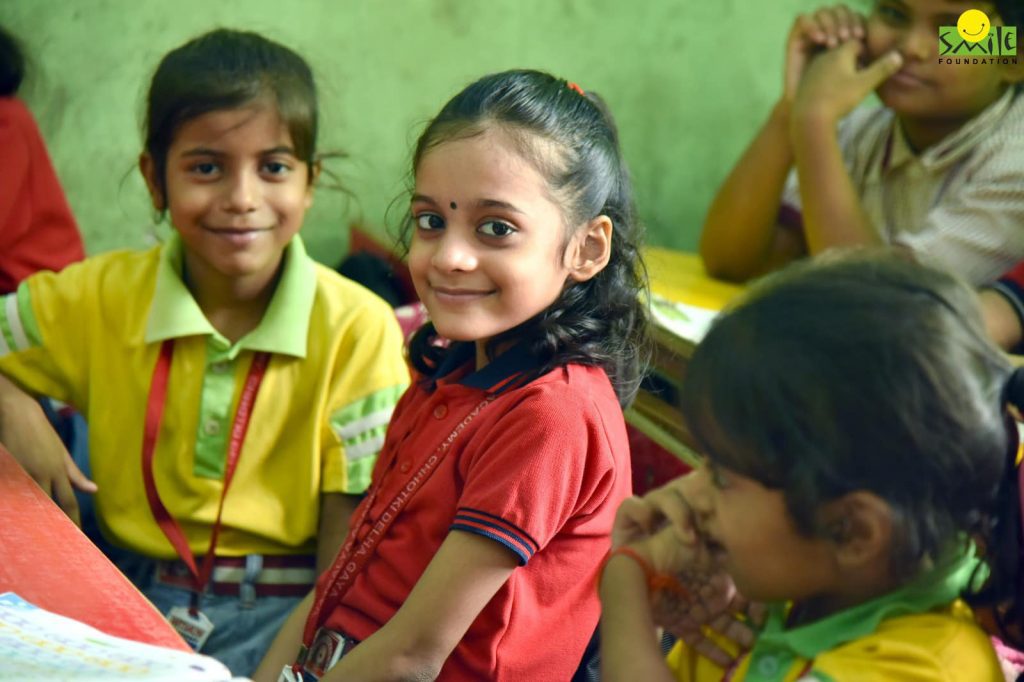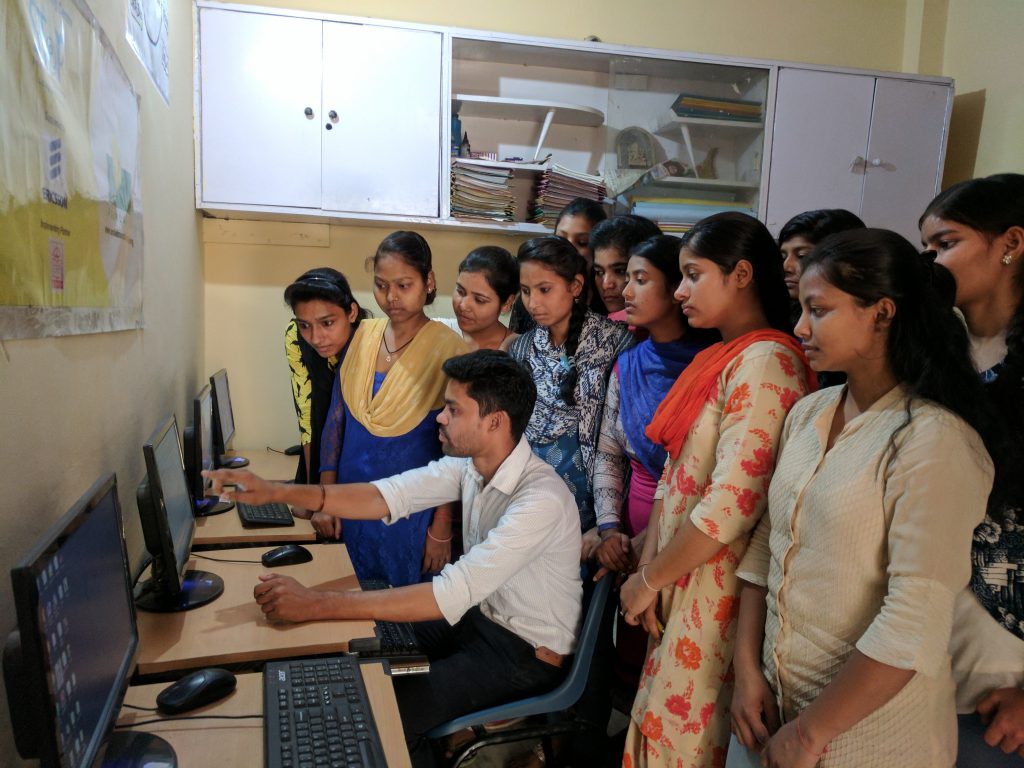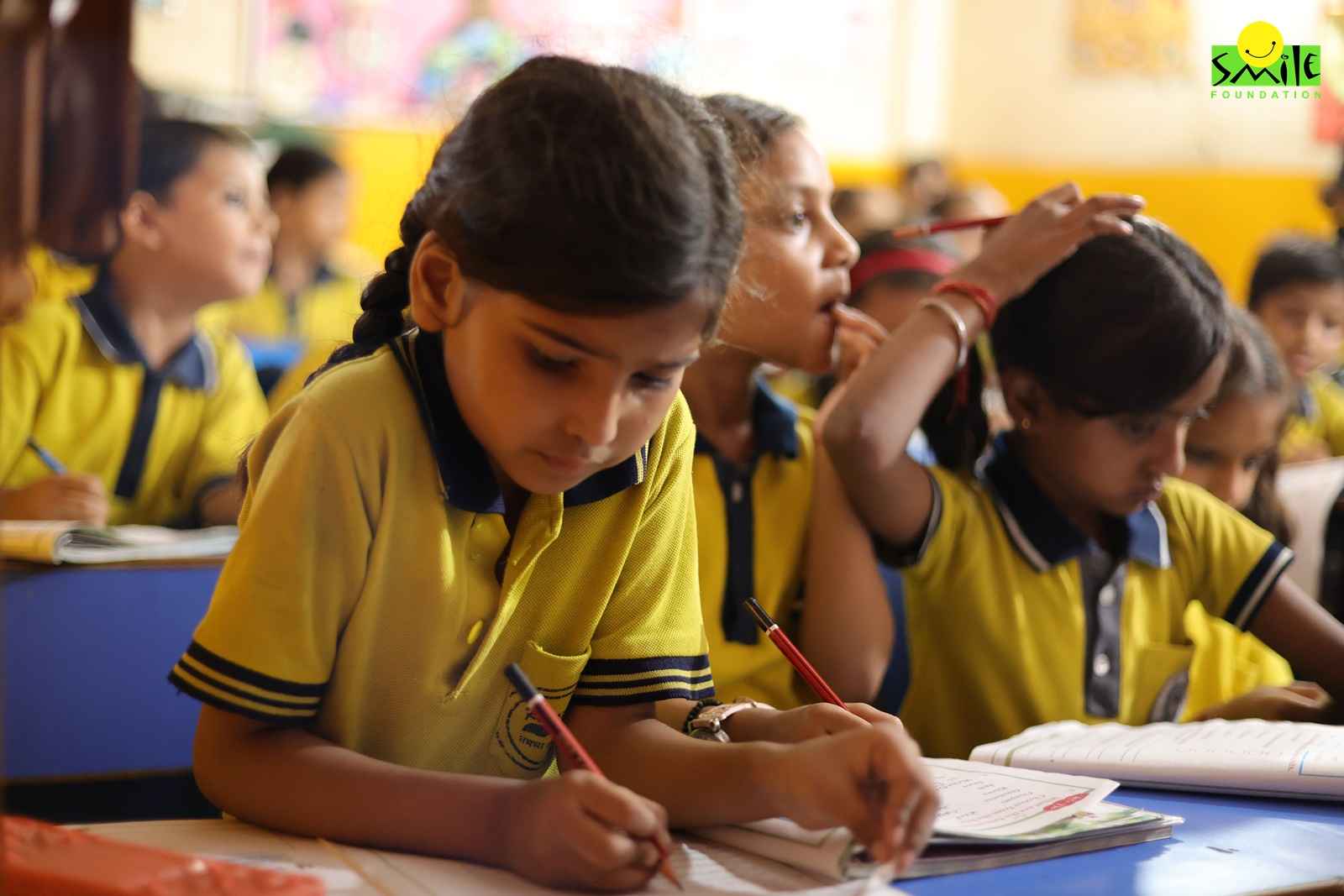Investing in education is universally recognised as a foundational strategy to improve economic outcomes and quality of life. For India, a country with a burgeoning youth population and significant socio-economic challenges, the stakes are even higher. Let’s get into the economic rationale behind investment in the education sector, particularly focusing on early childhood education and early childhood care and education.
The Importance of Early Education Investment
Early Returns on Investment
Investment in the education sector, especially in early childhood education, offers one of the highest returns for economic development. Research consistently shows that every rupee invested in early childhood education can yield significant returns. These returns come in the form of reduced healthcare costs, increased productivity, and lower crime rates.
In India, where a significant portion of the population is under the age of 25, investing in early childhood care and education can catalyse a cycle of prosperity. Initiatives that focus on the early years (from birth to age 8) are crucial because this period is critical for cognitive, social, and emotional development. Enhancing educational inputs during these formative years lays a strong foundation for lifelong learning and skills acquisition.
The Impact on Workforce Quality and Economic Growth
A well-implemented early childhood education program has the potential to significantly enhance the quality of India’s future workforce. This improvement in workforce quality directly influences economic growth, as better-educated workers are more productive and can adapt more efficiently to changing technological landscapes.
Investment in the education sector promotes gender equality by enabling both boys and girls to pursue educational opportunities equally. This is particularly important in India, where gender disparities in education and employment still exist. Promoting inclusive education from an early age can lead to a more balanced workforce, driving economic and social development.
Government Initiatives and Policies for the Education Sector
National Education Policy 2020
Recognising the importance of early education, the Indian government introduced the National Education Policy (NEP) 2020, which emphasises early childhood care and education. The policy aims to universalise access to quality early childhood education across the country, acknowledging that the early years are crucial for the development of a child’s brain and personality.
Through initiatives under NEP 2020, the government plans to ensure that all children have access to free and compulsory quality preschool education. This includes provisions to strengthen the curriculum, teacher training, and infrastructural facilities. The policy is a significant step towards making early childhood education an integral part of the formal education system in India.
Integration with Health and Nutrition
Investment in the education sector is not limited to academic teaching but also includes an integrated approach towards health and nutrition. Early childhood care and education in India often incorporate nutritional programs, regular health check-ups and wellness activities. These initiatives ensure that children are physically and mentally ready to learn and grow.
This holistic approach to early childhood education not only helps in the proper cognitive and physical development of children but also reduces future healthcare costs. By addressing health and nutrition early on, the country can prevent a range of adult-onset diseases, contributing to a healthier and more economically productive population.
Challenges and Opportunities in Education Sector
Overcoming Infrastructure and Quality Gaps
While the policy frameworks are in place, the actual implementation across the diverse and populous country remains a challenge. Rural areas, in particular, face significant disparities in terms of access and quality of early childhood education. Investment in the education sector must be scaled up to build the necessary infrastructure and to train educators who are equipped to deliver high-quality education.
Moreover, there is a need to increase public awareness about the importance of early childhood education. Cultural factors and lack of information often lead to underutilisation of available educational resources. Strategic awareness campaigns are essential to change these perceptions and to encourage higher enrollment rates.
Leveraging Technology
Technology can play a pivotal role in bridging gaps in the education sector. E-learning platforms, virtual classrooms, and educational apps can make learning accessible even in remote areas. However, this requires substantial investments in digital infrastructure and capacity building.
Investment in the education sector, particularly in early childhood education and early childhood care and education like Smile Foundation does through its education initiative, is not just an educational imperative but an economic strategy. For India, with its demographic dividend and developmental aspirations, the potential returns on such investments are immense. The challenge lies in effective implementation and public engagement, ensuring that every child has the opportunity to contribute to the nation’s growth.
As we look towards a future where every child can fulfil their potential, it becomes clear that investing in early childhood education is beneficial and essential for sustainable economic growth and societal well-being in India.









